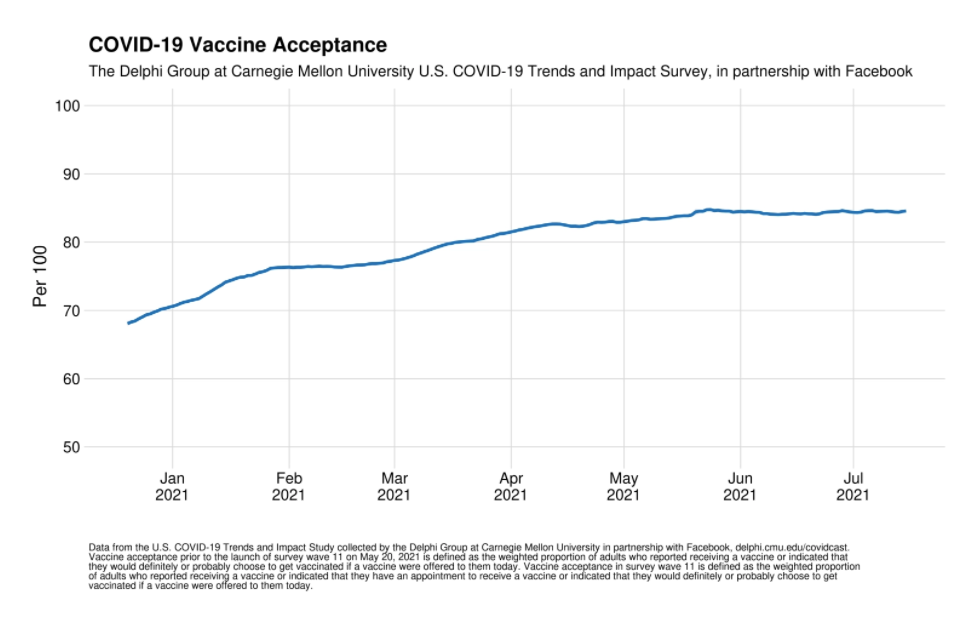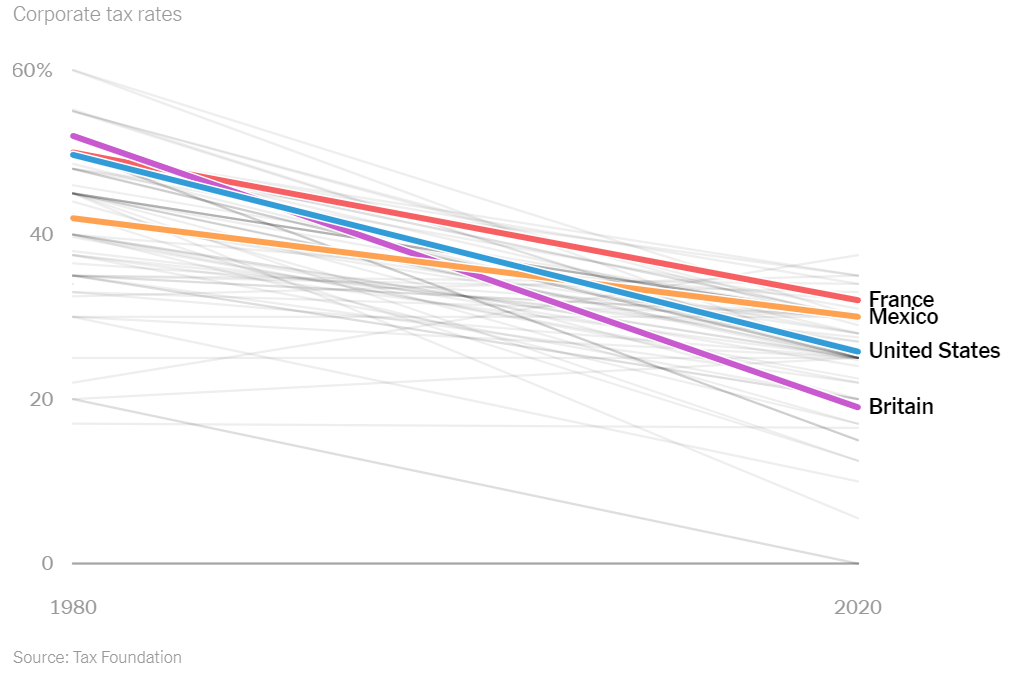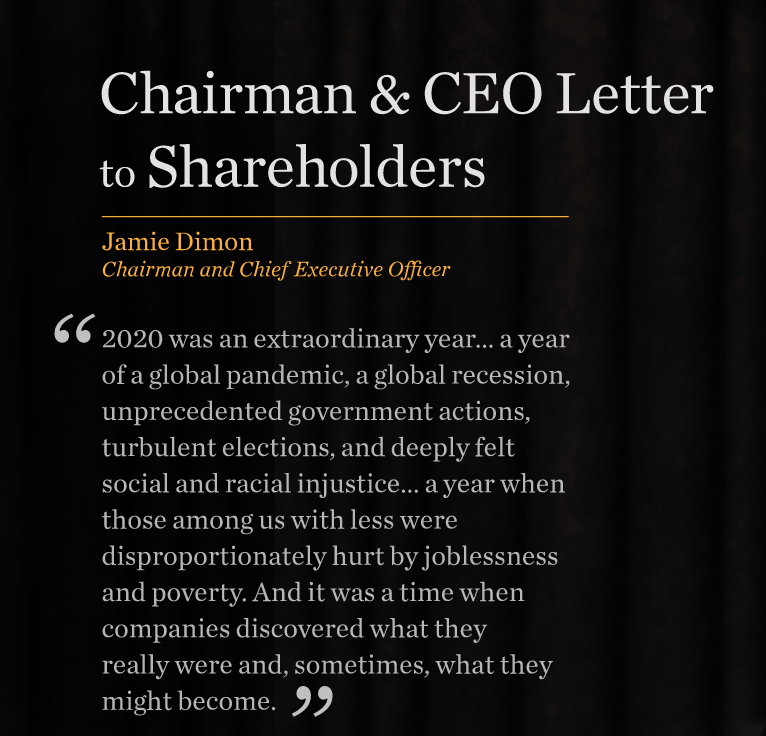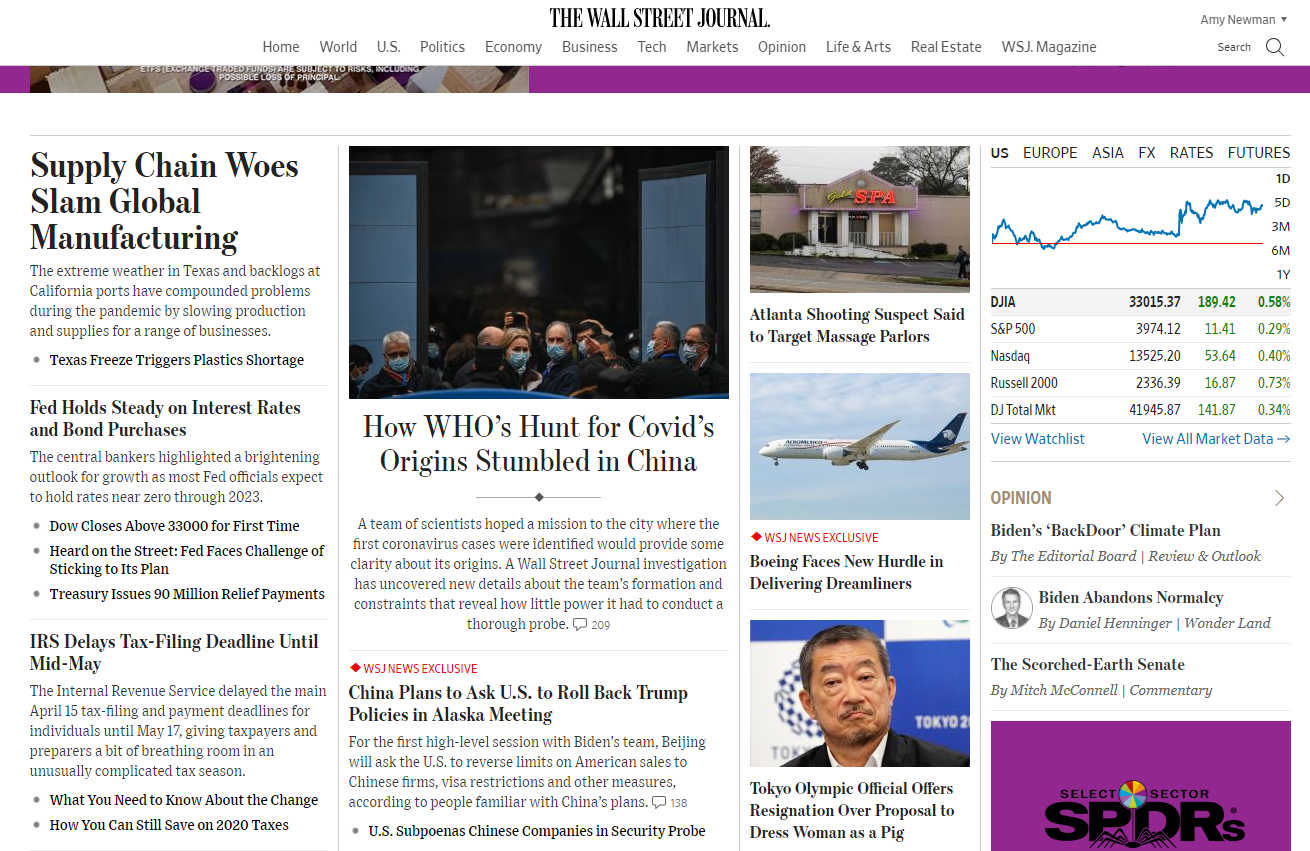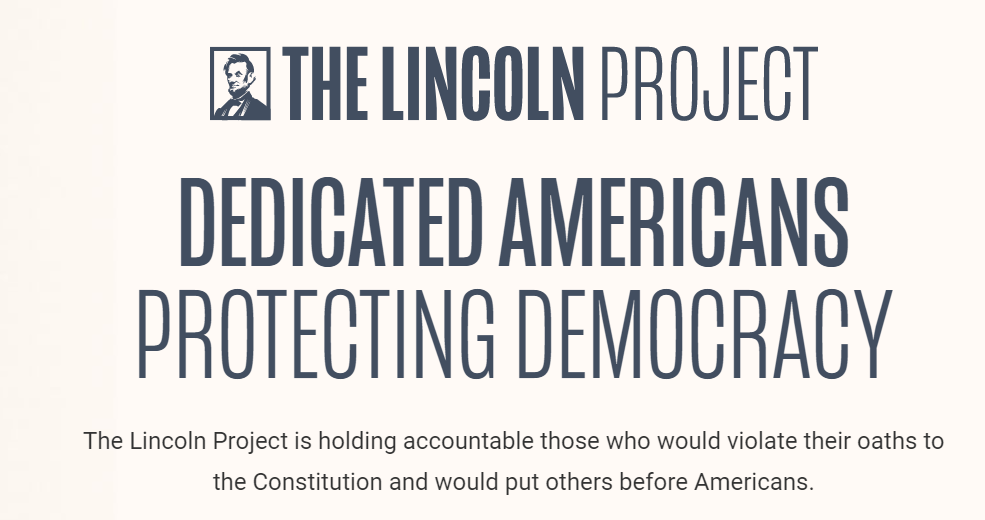The issue raises questions of integrity. As the organization criticized the former president for his actions, 21 young men accused one founder of sexual harassment, while organization leaders knew of but did nothing about their complaints. In addition, questions linger about whether group leaders misused funds for personal gain.
The one leader accused of “grooming young men online” responded in a statement:
I am so disheartened and sad that I may have brought discomfort to anyone in what I thought at the time were mutually consensual discussions. In living a deeply closeted life, I allowed my pain to cause pain for others. For that I am truly sorry to these men and everyone and for letting so many people down.
The Lincoln Project also issued an official statement. One, dated January 30, isn’t available because of a broken link on the homepage. But another, dated February 14, is below:
The Lincoln Project has retained the law firm of Paul Hastings to investigate allegations of inappropriate behavior by John Weaver as part of a comprehensive review of our operations and culture. The review process is currently underway.
We are committed to creating a positive, diverse, and inclusive workplace environment at The Lincoln Project and inappropriate behavior by anyone associated with the organization will not be tolerated under any circumstances. We have already taken decisive action to address internal concerns. Additionally, we are releasing staff and former staff from the confidentiality provisions in their employment agreements to discuss their workplace environment. Based on the findings of this review we will take all necessary action to correct any issues or deficiencies that are identified.
Concurrently, we are also working with outside counsel and professional consultants to strengthen our corporate governance, finance and operational structure, human resources, and leadership to position The Lincoln Project to further maximize our impact and lean into our important mission advancing democracy.
The Lincoln Project was founded to combat political forces who seek to undermine our democracy. We revolutionized how political action committees operate and spent $81 million last cycle to create and place more than 300 advertisements, host national town halls, conduct voter outreach, and launch a podcast and streaming video network that engaged millions of voters. Eighty percent of our funds went to voter contact and content production. Our historic results speak for themselves.
Moving forward, we have important work ahead of us and we have created a nationwide movement of Americans who support our objectives.
In order to continue fulfilling our promise to our millions of supporters and contributors, we must address any and all internal organizational issues immediately and put in place a governance and diverse leadership structure that reflects our core values and ensures we will continue to attract the best talent available.
The Lincoln Project will continue producing and distributing our popular content and commentary while these reviews are being conducted and we are operating at full capacity.
The statement start is unfortunate and squirrely. Perhaps an apology might be more appropriate? As an apology, if this is the intent, the statement doesn’t work very well. Apologies admit specific wrongdoing, acknowledge the impact, and describe positive steps planning for the future. I don’t see that here.
